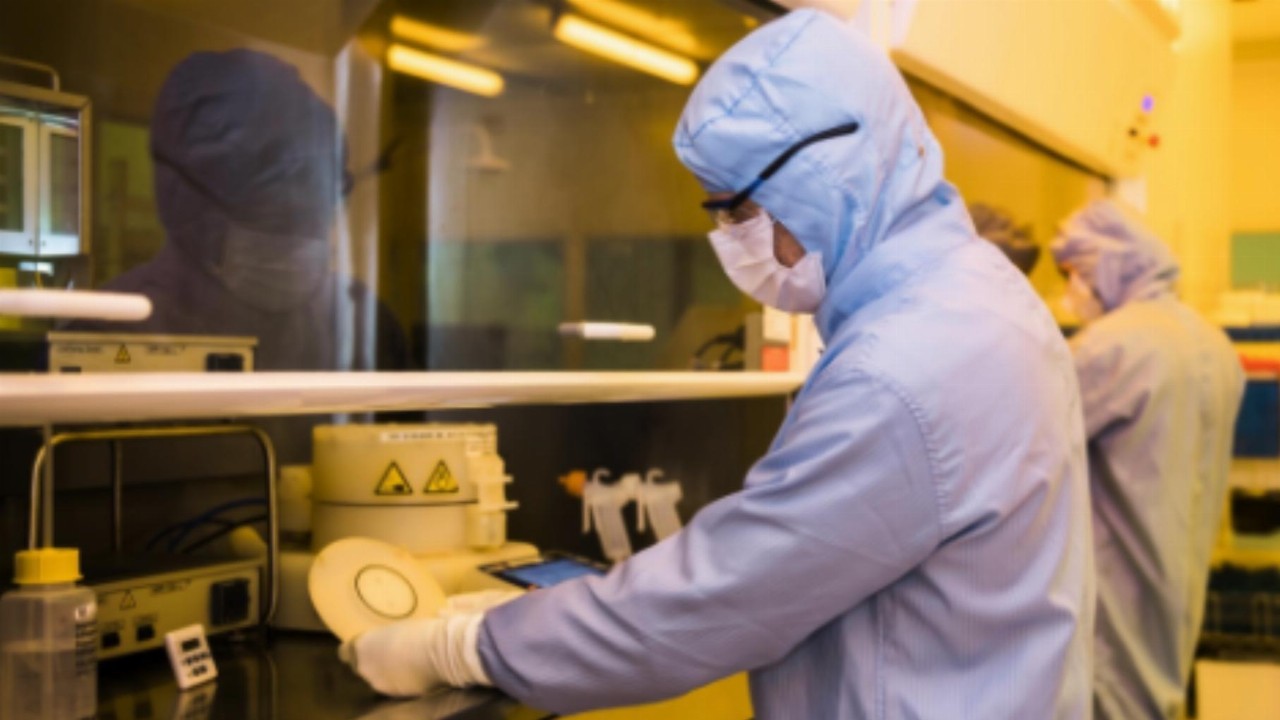- Archer Materials (AXE) advances its biochip technology to allow for the electronic control of the sensitivity of graphene field effect transistor (gFET) devices
- The semiconductor company says this overcomes a conventional limitation that prevents many biosensing platforms from becoming broadly useful
- According to Archer, this could potentially allow for the selective, complex on-chip detection of target biomolecules
- The biochip tech is being developed in-house by Archer, which holds 100 per cent of the intellectual property
- AXE shares closed 6.74 per cent higher at 48 cents on Friday afternoon
Archer Materials (AXE) has advanced its biochip technology to allow for the electronic control of the sensitivity of graphene field effect transistor (gFET) devices.
The semiconductor company said by addressing fundamental challenges in controlling the sensitivity of gFET devices, it had essentially overcome a conventional limitation that stopped many biosensing platforms from becoming “broadly useful”.
The binding of specific biomolecules contributes to improved gFET sensor responses, marking another technological milestone towards Archer’s biochip function and operation.
Archer said this was a “significant step” in progressing towards a functional and operational biosensing device as part of its biochip tech.
“Archer has arrived at a more sophisticated biochip platform that shows it should be feasible to design and optimise Archer’s gFET sensors to achieve the high sensitivity required for potential applications in molecular diagnostics despite the fundamental mismatch in size between biomolecules and nanoelectronic devices,” Archer CEO Mohammad Choucair said.
Archer has incorporated a sensor design strategy that uses a range of electric fields to decrease signal interference in the gFET censor.
The current development of the software and hardware within the biochip system by AXE staff will also allow for the achievement of electronic modulation and tuning of gFET sensitivity.
Measurements performed by Archer staff using a low-frequency range revealed a threefold increase in the sensitivity of the gFET to target analytes when compared to static cases with no oscillating voltage.
The biochip tech is being developed in-house by Archer, which holds 100 per cent of the intellectual property.
AXE shares closed 6.74 per cent higher at 48 cents on Friday afternoon.







